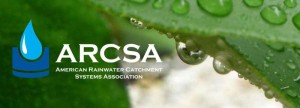 Do you know that rainwater harvesting professionals can get their nerd on through educational opportunities, brought to us by the American Rainwater Catchment Systems Association (ARCSA)?
Do you know that rainwater harvesting professionals can get their nerd on through educational opportunities, brought to us by the American Rainwater Catchment Systems Association (ARCSA)?
ARCSA’s mission is “to promote sustainable rainwater harvesting practices to help solve potable, non-potable, stormwater and energy challenges throughout the world.”
In addition to informative articles and other information about rainwater collection, ARCSA offers training and development opportunities for RWC professionals to achieve industry accreditation.
ARCSA and Washington State University Extension and Clark County are offering a comprehensive Rainwater Catchment Accredited Professional training course (please click to register), on August 21 & 22, 2015 at the Heritage Farm in Vancouver, Washington.
According to ARCSA’s recent email: With the ongoing water crisis in California, and now the Pacific Northwest, this workshop will focus on the Oregon and Washington Issues. Residents of the Pacific Northwest are encouraged to attend to learn to capture stormwater, while creating additional “reservoirs” to store water for future beneficial uses. You can’t use it if you don’t store it.
Be sure to follow ARCSA on Twitter and Facebook for important updates about California and Washington drought conditions, or sign up for their mailing list to receive emails about rainwater harvesting and educational opportunities.

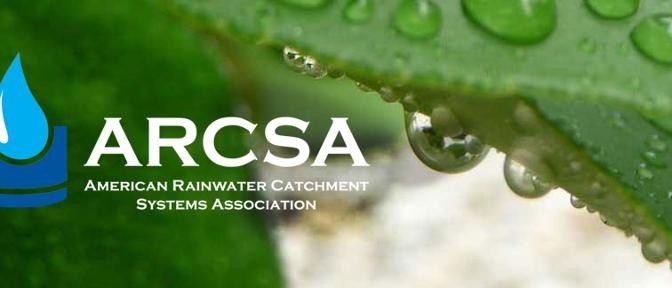

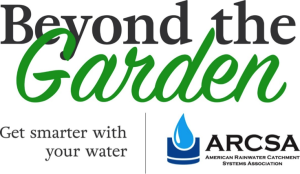
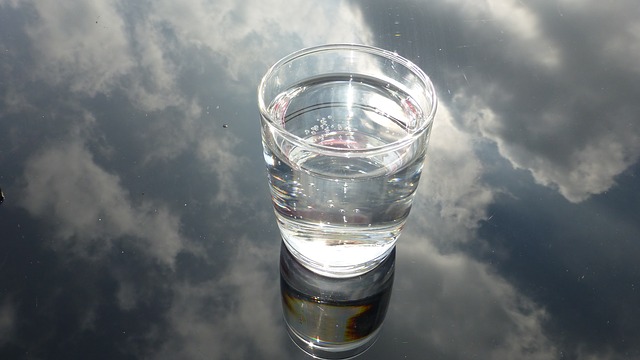
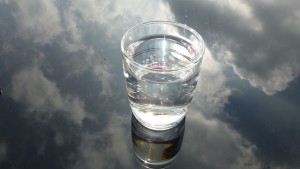 Does Your Installer Follow Plumbing Codes for Rainwater Collection?
Does Your Installer Follow Plumbing Codes for Rainwater Collection?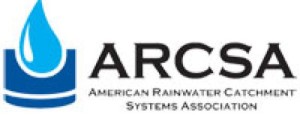 credits every year to retain their status. Members include a host of professionals in engineering, microbiology, plumbing professionals and industry leaders, who have additional opportunities for development through networking, workshops, and conferences. ARCSA professionals are the leaders in the rainwater collection industry.
credits every year to retain their status. Members include a host of professionals in engineering, microbiology, plumbing professionals and industry leaders, who have additional opportunities for development through networking, workshops, and conferences. ARCSA professionals are the leaders in the rainwater collection industry.